Lessons My Garden Teaches Me
Over the last few months my host organization and I have been working diligently on developing a new organic gardening training center. Funded with the help of European partners and the labors of community members, this training center will one day teach intensive, organic gardening methods to interested gardeners. Its features are many: a water tower pumps water into an irrigation system of sprinklers and drip tubes; two composting stations facilitate the monthly churning of decaying organic matter into rich soil amendment; and three tanks house 100 catfish each that munch on moringa leaves and furnish untold gallons of nutrient-rich crap water that, when joined with fresh bovine poop, make for excellent fertilizer.
Beyond the rows of irrigated vegetables in the northwest corner of the site sits a small garden promoting a long list of Peace Corps organic gardening methods. Here is grown kale, spinach, garlic, okra, cucumber, carrots, moringa, lemongrass, papaya, pineapple, cassava, eggplant, peanuts, black eyed peas, green beans, and pumpkin. By accident of wind or coincidence of site selection, there’s also red amaranth, klin klin, neem tree stumps (the leaves of which serve as a natural pesticide), and a mango tree. Alike crops are spurned or at least dispersed to promote biodiversity. Some are intercropped. Others sit in rotation with crops of other plant families. Seed beds are amended with charcoal, leaves, and fish tank drainage. Natural pesticide crops like garlic and lemongrass sit towards the edge or completely encircle the garden to repel unfriendly visitors like grasshoppers and caterpillars.
I started this garden thanks to the approval of my supervisor and hope it one day teaches training center visitors how to grow organically on a small scale. Until that day, the only person learning from the garden is me as I put theory to practice and seek my green thumb among the red soils overlooking Lac Ahémé. As I learn I develop knowledge and appreciation for the challenges of gardening, which will hopefully inform my future, more experienced self as he teaches others. At the least my daily gardening schedule gives me street cred, which may also come in handy as we develop and promote gardening extension projects. Apart from the technical aspects of gardening, my gardening teaches me many life lessons on a near daily basis, which I’d like to share with you now.
You reap what you sow. This well-known proverb highlights the personal responsibility inherent in producing something. If I don’t sow and nurture eggplant, I neither reap nor eat eggplant. Likewise, manipulating the earth and taking advantage of resources will outpace passively accepting the status quo any day of the week. For example, even bad soils can be nurtured with compost, charcoal, and other organic matter to improve their effectiveness. Success doesn’t come to those who don’t sow its antecedents.
Except… I didn’t sow the red amaranth, but it’s growing well among the peanuts. I didn’t sow the mango tree that grants shade to my kale nursery, gives me free dead leaves, and feeds me mangos. I didn’t buy the site or command a good late season rainfall. I sowed ginger that never grew and nurtured kale that has failed five times over. Success is also greatly defined by initial conditions and happenstance, not just by sheer grit and bootstrap yanking.
Daily habits pay off. In other words, the best thing to have in your garden is your shadow. Weeding, pruning, watering, and pest management are most successful not with grand schemes in mind, but with daily attention to detail and duty. An absent mind makes even a green thumb kill.
I get by with a little help from my friends. My garden needs me everyday, but sometimes I’m traveling or just can’t make it to the evening watering. Help from my counterpart and local kids pick up for my slack. Not only that, but I often get good advice on planting, harvesting, and cooking from the local mamas who know the soils best. Work partners have provided us with excellent seeds. The work of others has greatly contributed to what success can be claimed, if not serving as its very origins and catalysts.
Diversity is essential. Planting one crop in a given space is called monoculture. It’s very efficient if you have tractors over large spaces, but risks abound over time with increased susceptibility to disease, pests, and soil degradation. Counteracting this risk often entails chemical pesticides and fertilizers. Biodiversity promotes healthier and more productive soils and ecosystems without harmful chemicals, all while reducing risk of crop failure and increasing crop diversification. Diversity is natural, stimulating, enriching, and better in the long run.
Smile through difficulties. Sometimes this is unfeasible, but piling endless pounds of cow manure into a tricycle bed is both nasty and pretty stinking funny when you think about it. Maintenance of a sense of humor is an excellent survival tactic when times are crappy and helps good attitudes and circumstances thrive.
Failure is an option. Didn’t I mention that kale has failed five times in my garden? Failure and gardening go hand in hand. Just ask any Sustainable Agriculture Volunteer in Benin. The importance of failure is a difficult lesson to grasp without having experienced it. The usefulness of failure can be immense, but failure doesn’t guarantee growth...
The key is to learn. Always. Notice that the title of this post is in the present tense. Conditions in my garden are always changing, and I need to adapt and change with them. When kale fails, I need to figure out why and change tactics. When cucumber plants grow, I need to learn how to build low-cost trellises. When the beans come to harvest, I need to figure out what the heck I’m even doing. I’d never accomplish anything as a gardener if I weren’t intent on learning every step of the way. In fact, I wouldn’t be a gardener or even be in Benin if I didn’t have this growth mindset. If you grow, it’s more likely the plants will too.
I hope to become a lifelong gardener. What’s more certain is that the lessons gardening teaches me will prove lifelong. At least, I hope they do.
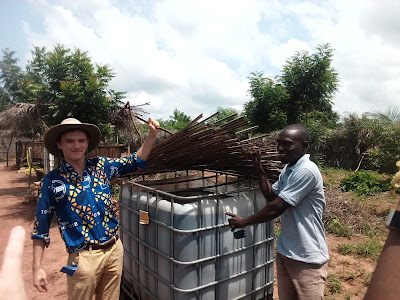


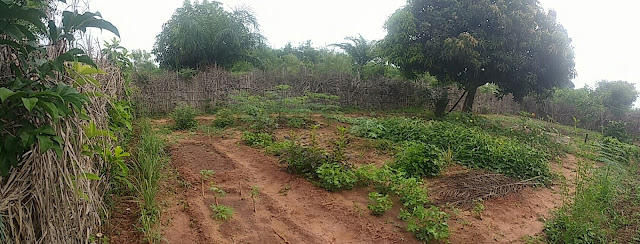
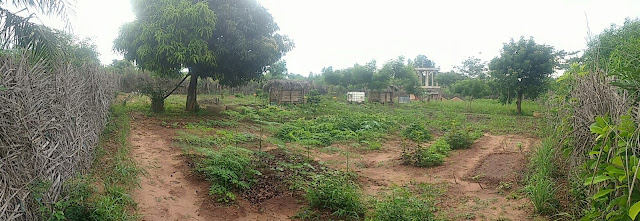
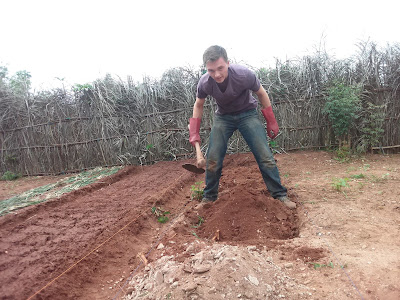
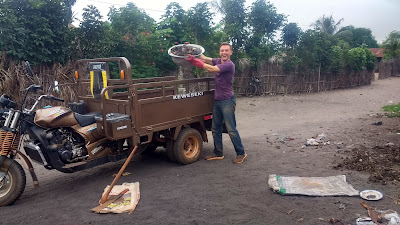
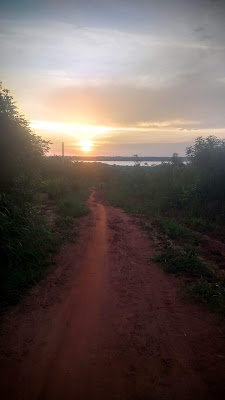

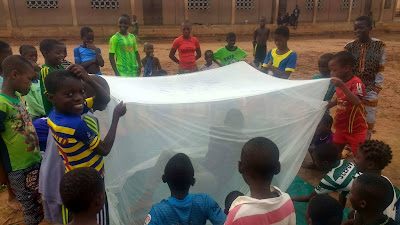
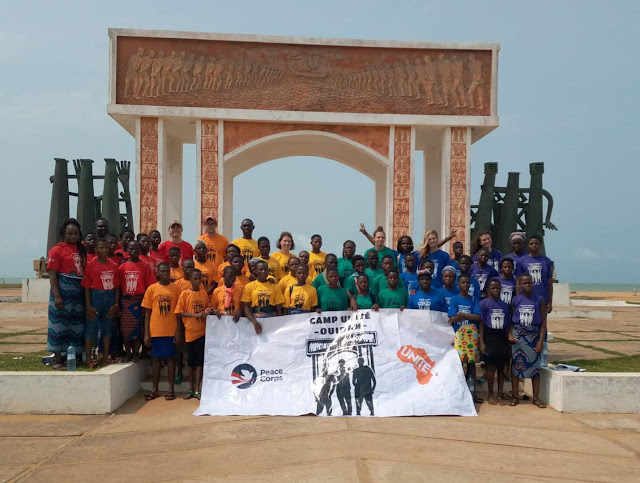
Comments
Post a Comment